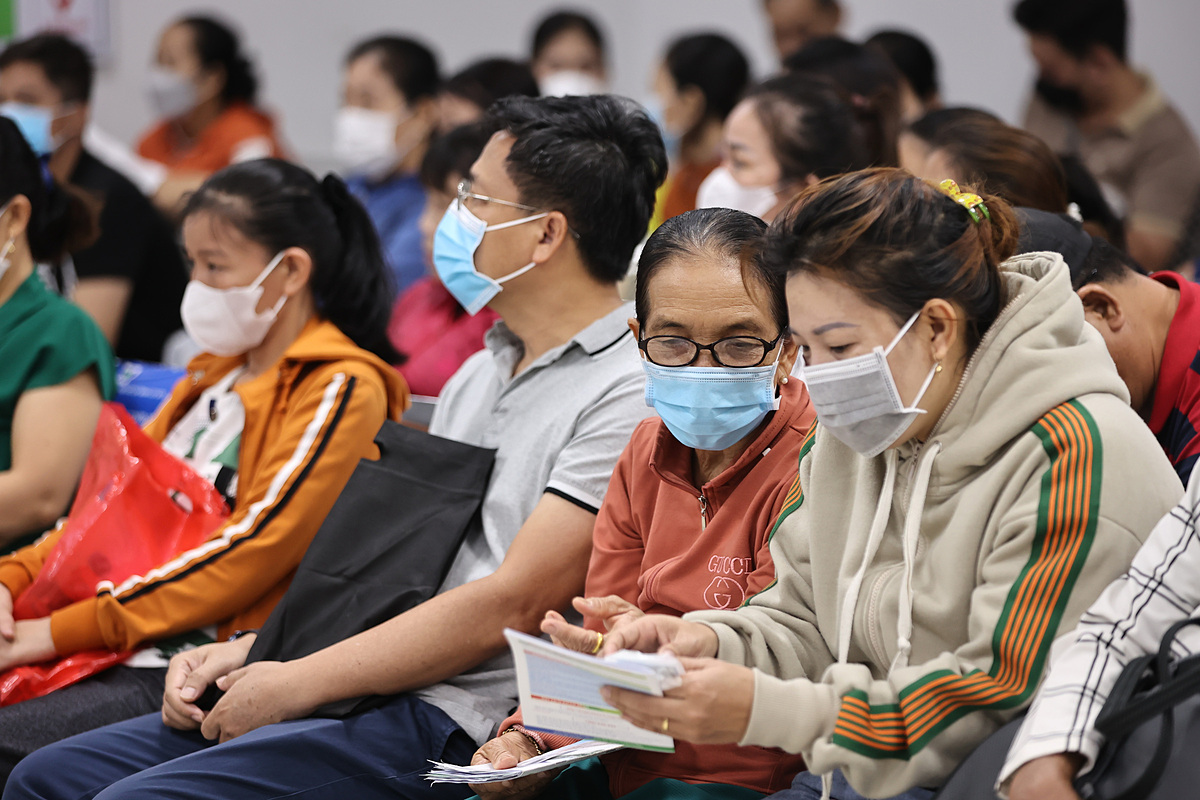On 4/8, Tang Chi Thuong, Director of the Ho Chi Minh City Department of Health, revealed that the department has requested the city's People's Committee to urge the Ministry of Health and Vietnam Social Security (VSS) to expedite these payments. The outstanding amount owed to hospitals for 2023 is over 557 billion VND, and nearly 1,930 billion VND for 2024, totaling almost 2,500 billion VND over the two years.
"Delayed health insurance payments create financial difficulties for hospitals, impacting their operational budgets and financial balance, especially when medical service prices haven't been fully accounted for," Thuong said, adding that this situation significantly affects the quality of care and patients' rights.
Beyond operational costs, several hospitals are also in debt to pharmaceutical suppliers, unable to make payments, according to the city's health director.
Currently, medical service prices only account for two of four factors: "direct costs" (such as medications, biological products, blood, chemicals, materials, and instruments) and "salaries and wages." "Management fees" and "equipment depreciation and fixed asset costs" have not been included. In April, the Ministry of Health instructed the Planning and Finance Department to collaborate with related units to develop regulations for fully calculating medical service prices, to be completed by June. However, these guidelines have yet to be issued.
 |
Patients waiting at a Ho Chi Minh City hospital. Photo: Quynh Tran |
Patients waiting at a Ho Chi Minh City hospital. Photo: Quynh Tran
Each year, VSS allocates a health insurance expenditure budget to provinces and cities. This budget serves as the basis for local authorities to distribute funds to healthcare facilities and monitor health insurance expenditures.
However, many healthcare facilities incur costs exceeding their allocated budget. Decree 188/2025/ND-CP outlines regulations and detailed guidelines for covering these over-budget expenses. If a hospital's actual health insurance expenditures, verified by VSS, exceed the allocated budget, the hospital must review and submit a written analysis of the reasons to both VSS and the Department of Health.
These two agencies will then collaborate with the hospital to review the reasons for the overspending. If deemed compliant with regulations, health insurance will cover the costs and provide additional funding to the hospital. Conversely, if non-compliant, health insurance will decline payment. In case of disagreement, the hospital can appeal to VSS and the Department of Health or submit a comprehensive report to the Ministry of Health for resolution.
If the total annual expenses surpass the allocated budget, VSS will utilize its contingency fund. If this proves insufficient, VSS will report to the Ministry of Finance and the Ministry of Health to request additional funding from the Prime Minister. Pending approval, VSS can advance payments approved by its management board, with the remaining amount paid after the Prime Minister's approval.
According to Article 32 of the Health Insurance Law, health insurance advances and payments must be made quarterly. Payment delays should not exceed 12 months. However, Ho Chi Minh City hospitals have yet to receive these payments. The Department of Health sent official letters to the Ministry of Health and VSS on 5/5 and 24/6, but has not received a response.
In response to VnExpress on the afternoon of 8/4, a representative from the Ministry of Health stated that they are "addressing the policy" and declined further comment. VSS has not yet commented.
Le Phuong - Le Nga












